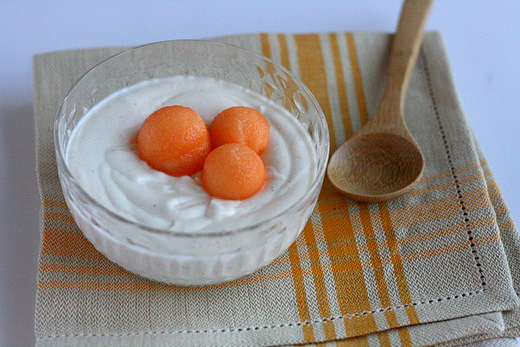Have you ever considered what probiotics really are? For many, it may only be a word occasionally heard in yogurt commercials, but while they are an important ingredient in yogurt, they can also offer many health benefits to us.
Probiotics are, in fact, live bacterial and yeast organisms that are located in our gastrointestinal tract, or digestive system, specifically in the intestines. About 80 percent of our immune system is located in the digestive system. Probiotics, or “friendly bacteria,” play an important part in maintaining a healthy gut and therefore a healthy body as a whole. Probiotics are labeled as beneficial bacteria because they help in the production of antibodies and also form the mucosal layer of the intestine. Our intestines house both beneficial and harmful bacteria and live organisms. If we are in good health, the bacteria are balanced. However, if there is an imbalance of bacteria in our intestines, then the development of infections and disorders can occur. Some disorders, such as diarrhea, ulcerative colitis, antibiotic-associated diarrhea, intestinal inflammation, eczema, irritable bowel syndrome, and Crohn’s disease can be treated and alleviated by probiotics.
Not only do probiotics impact the immune system, but they also provide support for our digestive system by permitting the digestion and absorption of certain carbohydrates, sugars, and indigestible fibers. In addition, probiotics help form essential vitamins like Vitamin K and B. These vitamins aid in the metabolism and elimination of various toxins. Furthermore, probiotics can prevent allergies by teaching our immune system to respond properly to pathogens and non-harmful antigens. This method stops our immune system from over-reacting to stimuli, preventing allergic reactions.
Probiotics come in various forms and strains. One can obtain healthy amounts of probiotics through her/his everyday diet. Foods that contain probiotics include yogurt, kefir (similar to a yogurt drink), dark chocolate, miso soup, and kombucha tea (fermented tea drink). If you are a picky eater or perhaps do not like some of the previously mentioned foods, then a supplemental form of probiotic may be beneficial as well.
Different strains of probiotics include: Lactobacillus rhamnosus, Bifidobacterium animalis ssp. Lactis, and Propionibacterium freudenreichii ssp. Shermanii. Each carry out specific functions in the human body. Lactobacillus rhamnosus provides direct anti-inflammatory effects in the GI tract. Bifidobacterium animalis ssp. helps with constipation by allowing the colon function normally. This strain also produces acetic acid, ethanol, formic acid, and succinic acid which aid in energy production for cells. Lastly, Propionibacterium freudenreichii ssp. Shermanii. helps produce Vitamin B12.
Thus, probiotics can work wonders for our bodies! They offer a huge amount of benefits, including maintenance of proper immune and digestive functions, treatment of certain inflammatory disorders, formation of vitamins and minerals, absorption of nutrients, metabolism of toxins, and preventions of allergies and allergic reactions. To take advantage of the benefits of probiotics, we must make sure to maintain a healthy balance of bacteria and microorganisms in our intestines through proper diet or supplements. Overall, it is important to remember that probiotics are not just for yogurt ingredients, but can offer real benefits to our bodies.
Feature Image Source: Mousse allo yogurt by FrancescaV.com










